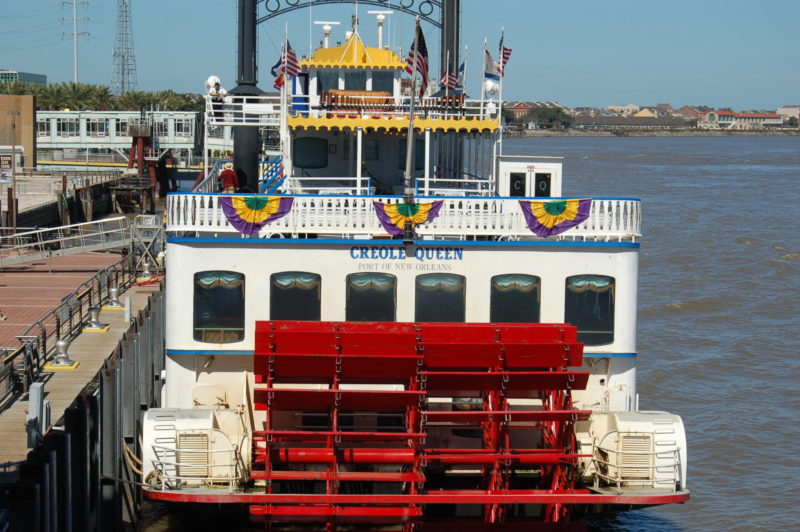Covid-19 came down suddenly and hard on passenger vessels, which had been one of the very bright spots in the workboat market. Government shutdowns idling thousands of employees and vessels were followed by a barrage of new safety rules at every level.
Some operators lost the entire 2020 season. Others like ferries had to keep running, learning and adapting as they sailed with fewer riders. Some reopened when they could to a trickle of customers. Others may never reopen.
The Passenger Vessel Association (PVA) estimates lost revenue for the U.S. industry through the end of the year will be between $5 billion and $10 billion. About 80% of the workforce has been either furloughed or laid off. Business for many has dropped 80-90%.
And many don’t expect business to return to pre-Covid levels for three or four years, said Colleen Stephens, head of Stan Stephens Glacier and Wildlife Cruises, Valdez, Alaska, and president of PVA.
Government stimulus helped but more is desperately needed.
Stephens’ company, which is in its 49th year of operation, cancelled 2020 tours not wanting to risk having travelers or workers exposed or tax community health resources. Alaska like Hawaii had strict travel mandates for visitors. What’s more, the Canadian border was closed and no large cruise ships with potential tourists were coming.
“When we talk to PVA members, every jurisdiction is different,” she said. Some vessels can run fuller than others, and those mandates will dictate who survives. A few operators had a strong September as testing has improved and they’ve seen customers more confident about getting aboard.
But the overall outlook is unclear. It’s like having “a crystal ball that is broken and every fissure leads to another question,” Stephens said.
Overnight operators, for example, were stymied in their attempts to restart cruises with all the proper protocols in place.
In June, Oregon notified American Cruise Lines (ACL) the day before it was scheduled to begin trips on the Columbia and Snake rivers that overnight operations would be banned until at least the lifting of the Center for Disease Control and Prevention’s (CDC) no-sail order. The state apologized for any confusion or miscommunication and acknowledged the CDC order applies to vessels larger than Guilford, Conn.-based ACL’s, but it stuck with the ban. The CDC lifted the order Nov. 1 and issued a lengthy list of conditions for restarting cruises.
In another instance, mixed test results forced UnCruise Adventures to cut short its first Alaska trip in early August and cancel 10 weeks of cruises in the state and the Pacific Northwest. A passenger who tested negative a few days before the departure was tested again on arrival in Juneau and notified of a positive result while on the Glacier Bay cruise, which then ended early. The passenger received a negative retest a few days later, and there was no transmission onboard, the Seattle company said. If quick Covid-19 test results had been available, UnCruise could have completed the journey, owner and CEO Capt. Dan Blanchard said.
Blount Boats is selling its three small overnight cruise ships and putting all its emphasis on the family shipbuilding business. “It was really just the requirement that all the cruise lines had to shut down for Covid, and at this point we decided not to start again,” said Marcia Blount, president and CFO of the Warren, R.I., company. Now known as Blount Small Ship Adventures, the cruise business was started in 1966 by company patriarch and small ship pioneer Capt. Luther H. Blount, who founded the yard in 1949.
Another overnight line, American Queen Steamboat Co. (AQSC) in September suspended cruises through year’s end, saying it was a difficult decision. In layoff notices to several states, the line said, “We did not foresee how significantly and for how long a time the pandemic and related governmental orders would impact our business.” When they resume operations next year, they expect “the enhanced health and safety procedures that we have put into place will allow our guests to sail with confidence.”
The list of anti-Covid procedures for all vessels — whether overnight, dinner cruise or sightseeing — is long. It includes continuous cleaning of all surfaces onboard and off, face masks for passengers and crew, numerous sanitizer stations, reduced capacity to ensure social distancing, enhanced crew training, buffets handled by crew instead of self-service and boarding temperature checks.




